
The agency is now recommending prescribing certain medications to postmenopausal women at an increased risk for breast cancer in order to help prevent them from developing the disease.

Your AI-Trained Oncology Knowledge Connection!


The agency is now recommending prescribing certain medications to postmenopausal women at an increased risk for breast cancer in order to help prevent them from developing the disease.
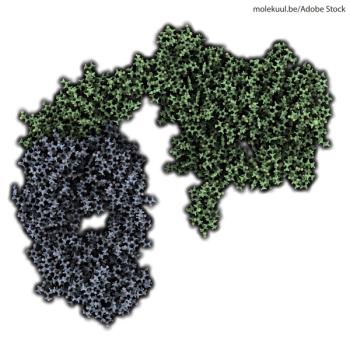
A new combo may benefit patients with HER-2 positive metastatic breast cancer, according to a new study.

Researchers analyzed data from 108,647 postmenopausal women diagnosed with breast cancer to see if there was an increased risk of the disease for those who used menopausal hormone therapy.

Could something as simple as synchronizing medicine refills at the pharmacy help improve survival in patients with breast cancer using endocrine therapy?
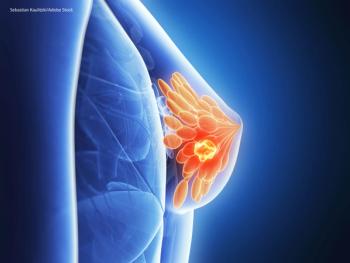
The new phase II LORELEI trial tested whether the PI3K inhibitor taselisib could improve response rates when added to letrozole in the neoadjuvant setting.
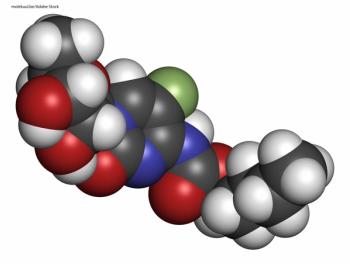
Researchers followed up 10 years after the CALGB 49907 trial to see which treatment led to longer recurrence-free survival.
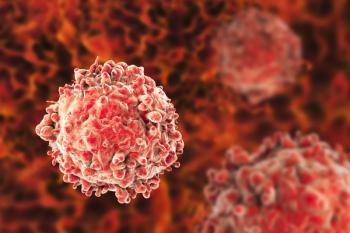
Brain metastasis is common in breast cancer and often has a poor prognosis, but there are several ways to manage brain metastasis in breast cancer including focal therapies as well as systemic options for specific populations, including emerging and novel therapies.

Accuracy of current guidelines for genetic testing of breast cancer patients has been recently challenged by a pair of studies suggesting that these guidelines may miss as many patients with pathogenic variants (or genetic mutations) as they may catch.
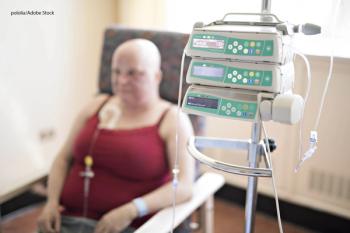
Researchers looked at the time between receiving a diagnosis and beginning chemotherapy to see if a delay in treatment impacted the overall survival in patients with breast cancer.
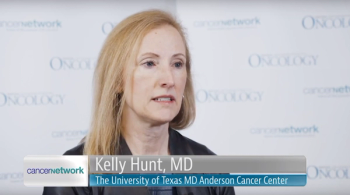
Cancer Network spoke with Kelly Hunt, MD, professor and chair of the department of breast surgical oncology at the MD Anderson Cancer Center in Houston, about the role of surgery in metastatic breast cancer.
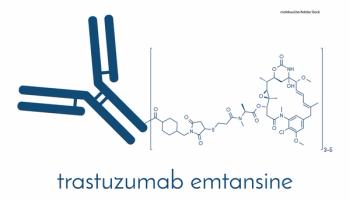
A new analysis looked at how dose interruptions or reductions of ado-trastuzumab emtansine in the treatment of advanced HER2-positive breast cancer impacted long-term survival outcomes.
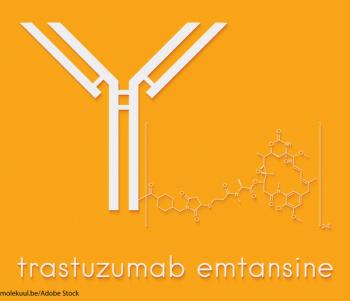
A phase III trial tested trastuzumab emtansine (T-DM1) with or without pertuzumab in patients with HER2-positive metastatic breast cancer.
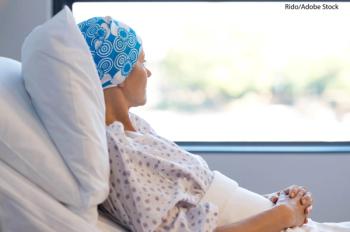
Researchers looked at the characteristics of breast cancer found in patients under 40 years old.
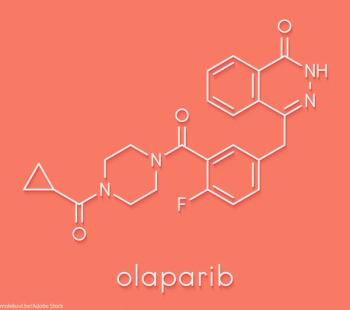
The study tested whether patients with early breast cancer could benefit from adding olaparib to paclitaxel.
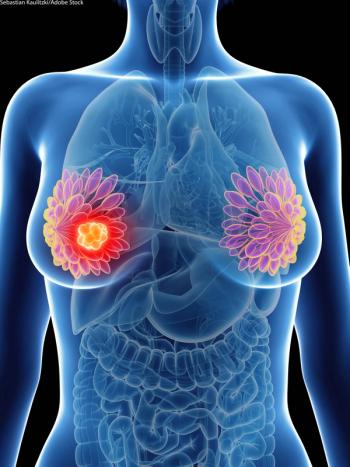
Researchers compared invasive disease-free survival rates in patients with breast cancer who took nanoparticle albumin-bound (NAB)-paclitaxel compared with those who took solvent-based (sb)-paclitaxel.
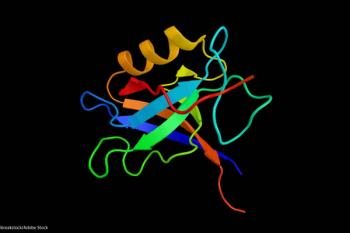
A trial presented at ASCO 2019 found HER2 heterogenity can impact response rates to some treatments in HER2-positive breast cancer patients.
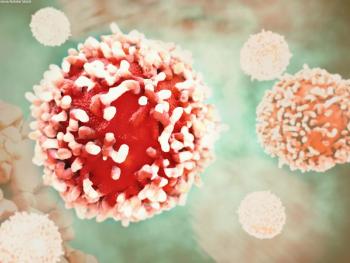
Researchers examined the germline DNA of Hispanic women with BRCA-negative breast cancer to pinpoint pathogenic variants.

Cancer Network spoke with Fergus Couch, PhD, professor and researcher at the Mayo Clinic in Rochester, Minnesota, about new genes implicated in triple-negative breast cancer risk.
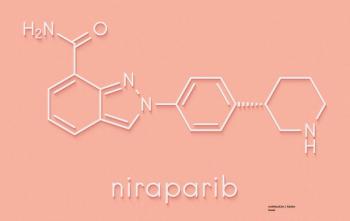
The TOPACIO trial tested the PARP inhibitor niraparib plus pembrolizumab in women with triple-negative breast cancer.
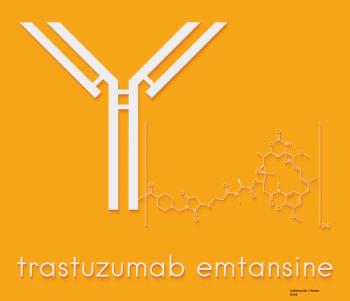
Researchers tested the novel antibody-drug conjugate trastuzumab duocarmazine in patients with heavily pretreated HER2-expressing metastatic cancers, including breast cancer.
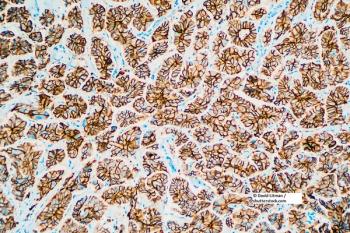
Novel research suggests that using a nano-molecularly imprinted polymer may offer a unique and effective way to treat HER2+ breast cancer.

ASCO has updated its endorsement of a guideline regarding adjuvant systemic therapy decisions for early-stage operable breast cancer.
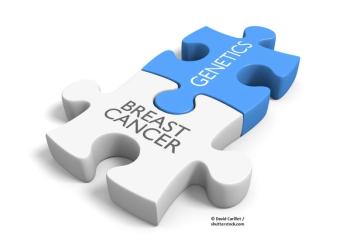
The FaMRIsc trial was designed to compare MRI and mammography screening in women with familial risk but no known specific driver mutation.
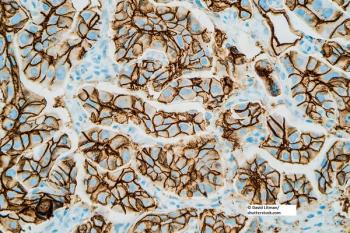
After more than 7 years of follow-up, the phase III PHARE trial failed to show that 6 months of adjuvant trastuzumab therapy was noninferior to 12 months in patients with HER2+ early breast cancer.

A same-day biopsy program for women helped reduce disparities related to age, race, and insurance type in breast cancer care.